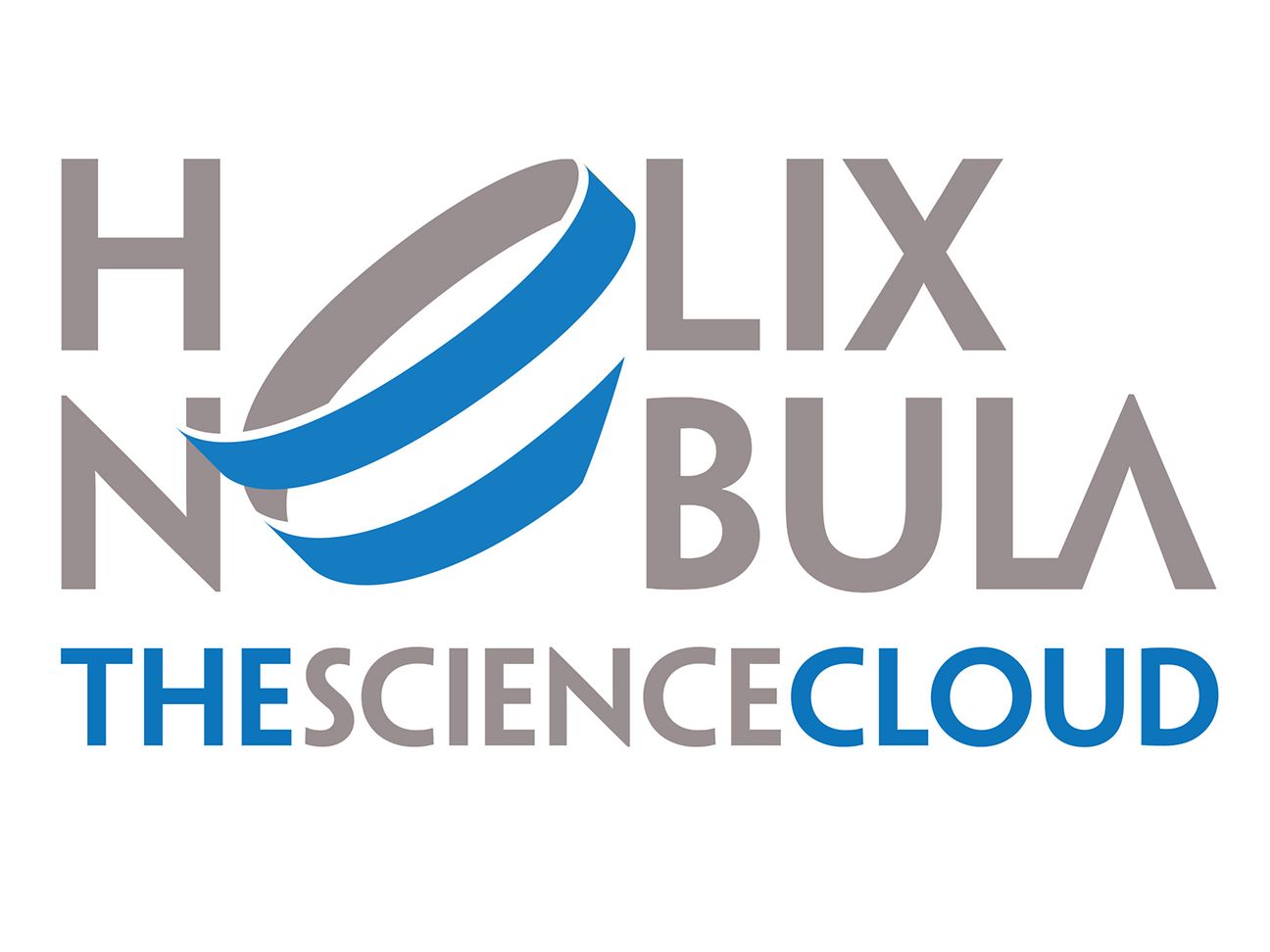

T-Systems awarded tender for European Science Cloud
- Launch of the Helix Nebula research cloud
- Hybrid cloud infrastructure for science and research
- Focus on Open Telekom Cloud
The European nuclear research center CERN has enlisted
The background to this is that demand for storage and computing capacities in scientific research is growing all the time. Institutions can no longer provide the necessary resources via their own data centers. Because of this, ten leading research institutions headed by CERN invited tenders for a hybrid cloud platform in 2016. The platform is to provide scientists in various countries with computing power and IT services quickly and easily. The name of the platform is Helix Nebula – The Science Cloud (or HNSciCloud for short).
The Open Telekom Cloud: flexible, secure, highly available
Helix Nebula uses the Open Telekom Cloud which is operated and managed by the business customer division
In addition, Deutsche Telekom guarantees an availability of at least 99.95 percent as well as compliance made in Germany. The public cloud services meet the very highest requirements as regards data security and data privacy. The Open Telekom Cloud is certified in accordance with the Trusted Cloud Data Protection Profile (TCDP) 1.0. This verifies that the cloud meets the technical standards needed to comply with the future requirements of the European General Data Protection Regulation (GDPR).
“Collaboration across institute boundaries is the basis for modern research,” said Jurry de la Mar, Account Director for Academia and Research at Deutsche Telekom. “After many years of hard design work, we are delighted to have the Open Telekom Cloud which allows us to make a valuable contribution toward research.”
Computing power for particle physics
In preparation for Helix Nebula, the nuclear research center CERN has been using computing services from the Open Telekom Cloud since 2016. For complex calculations in particle physics, the necessary resources are available as required at any time. In typical peak load situations, CERN uses around 1,000 virtual machines, 500 terabytes of storage space and a bandwidth of ten gigabytes per second. As a result, the researchers at CERN are able to store and process a huge number of experimental data which the detectors of the LHC (Large Hadron Collider) in Geneva generate.
About Deutsche Telekom: Deutsche Telekom at a glance

